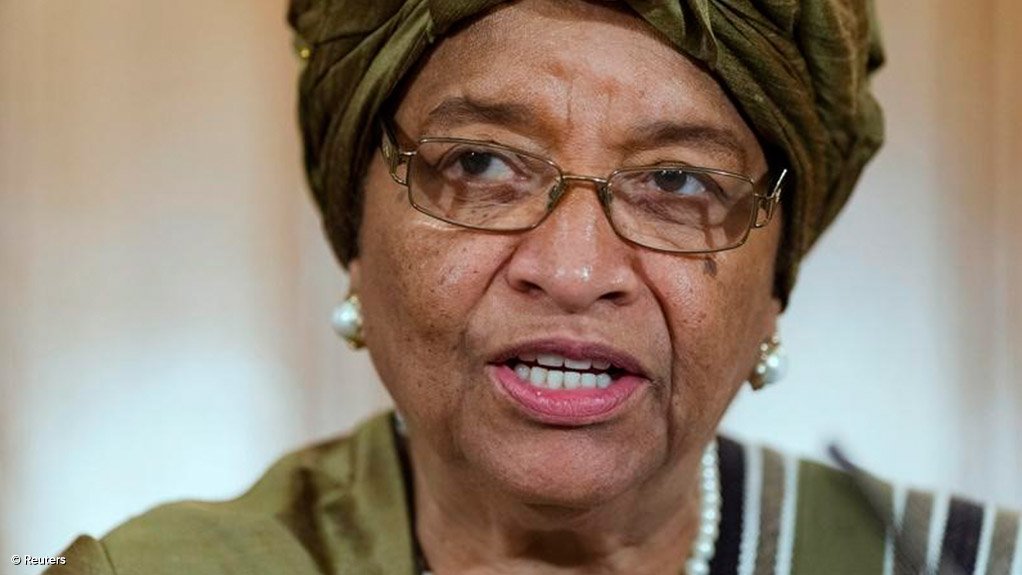Across Liberia votes are being counted to determine the country's next president and legislators.
Polls closed at 6pm local time (18:00 GMT) on Tuesday and a provincial declaration is expected within the next 24 hours.
However, the electoral body has until October 25 to declare a winner or announce a runoff for the presidency.
A runoff seems likely as unofficial reports from the Liberia Broadcasting System suggest ex-footballer George Weah and current Vice President Joseph Boakai are leading.
A candidate must get at least 50 percent of the vote to be declared the winner. The peaceful vote will see the west African country's first democratic transition of power in more than 70 years.
Should there be a runoff, the winner is slated to be announced on November 8.
Al Jazeera's Ahmed Idris, reporting from the capital Monrovia, said Liberians were "enthusiastic and passionate" about the elections.
"They want to see a new government that can address the critical issues in their lives: funding infrastructure, like roads, health care, education, and building upon the relative peace in Liberia over the last 12 years."
Twenty candidates are running to replace incumbent president Ellen Johnson Sirleaf who was held the role for 12 years, the maximum amount of time allowed by the country's constitution.
Johnson Sirleaf was the first elected head of state in Africa. In 2011, she was a joint recipient of the Nobel Peace Prize for her "non-violent struggle for the safety of women and for women's rights to full participation in peacebuilding work," following Liberia's bloody 14-year civil war, which came to an end in 2003.
Speaking on Monday, she urged Liberians to "vote for the person and persons you believe will make Liberia a better place. The world will be watching. Let's make them proud."
About 2.2-million Liberians registered to vote, slightly less than half of the country's population.
Some voters were left disgruntled after being told they had come to the wrong place after queuing for many hours, however this was quickly resolved by the electoral commission.
"There have been some lapses ... like names not on the voters' register, people not be allowed into vote," Miatta Fahnbulleh, a social activist and goodwill ambassador with Liberia's health ministry, told Al Jazeera's Inside Story programme.
"NEC officials are telling them to go home and they're not prepared to go home and surrender their right to vote so tempers are rising."
Liberians were also voting to elect 73 members of the House of Representatives.
Speaking on the same programme, Africa analyst Jason Robinson said that the results of the election will determine whether Liberia's "fragile, post-Ebola recovery" can be consolidated.
"In the region there's an emerging consensus on two terms: on democratic turnover and a lot of neighbouring countries want to see how the Liberian experiment will work out."
EMAIL THIS ARTICLE SAVE THIS ARTICLE
To subscribe email subscriptions@creamermedia.co.za or click here
To advertise email advertising@creamermedia.co.za or click here











